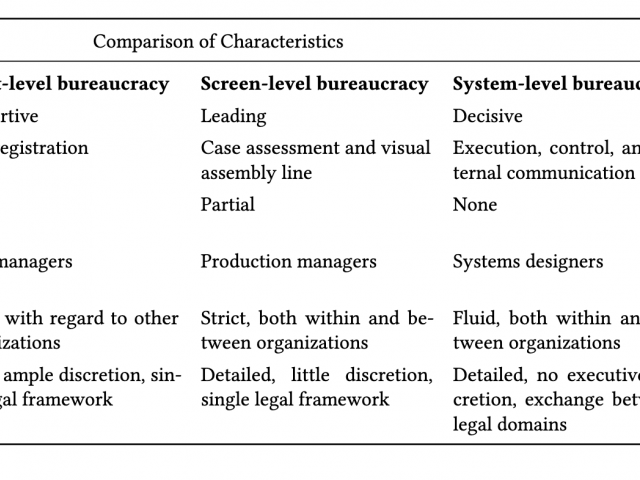
Public servants tasked with implementing rules or policies on the street-level often make discretionary decisions based on local context. Lipsky has labeled them street-level bureaucrats. During the COVID-19 pandemic, as most face-to-face interactions facilitated by local government moved online, many street-level decisions were moved to screens, representing the actions of who Bouvins and Zouridis refer to as screen-level bureaucrats. Discretionary decision-making among public servants continued, but much of it centered on the collection, analysis, and use of data. This paper reports on research conducted in 2021 with municipal employees in a large Northeastern city in the United States, and examines their changing relationship with data in determining how and to whom they deliver services. In the context of a public health crisis, public servants exercised “data discretion” to rapidly alter services and to internally advocate for underserved populations. The specific practices of discretionary decision making are explored through candid interviews with public servants. The discussion explores how these emergent practices might persist post crisis, how discretion is counter-intuitively used to build trust in government, and how data discretion is not limited only to the progressive values manifested in the example of a Northeastern city.